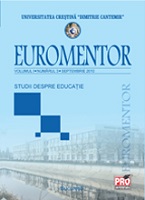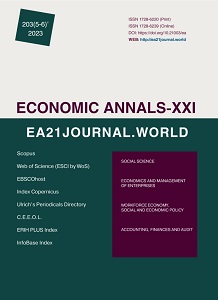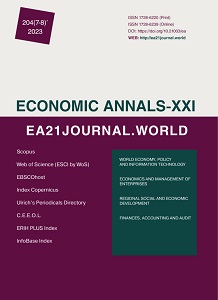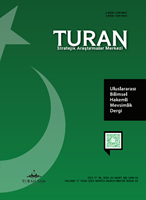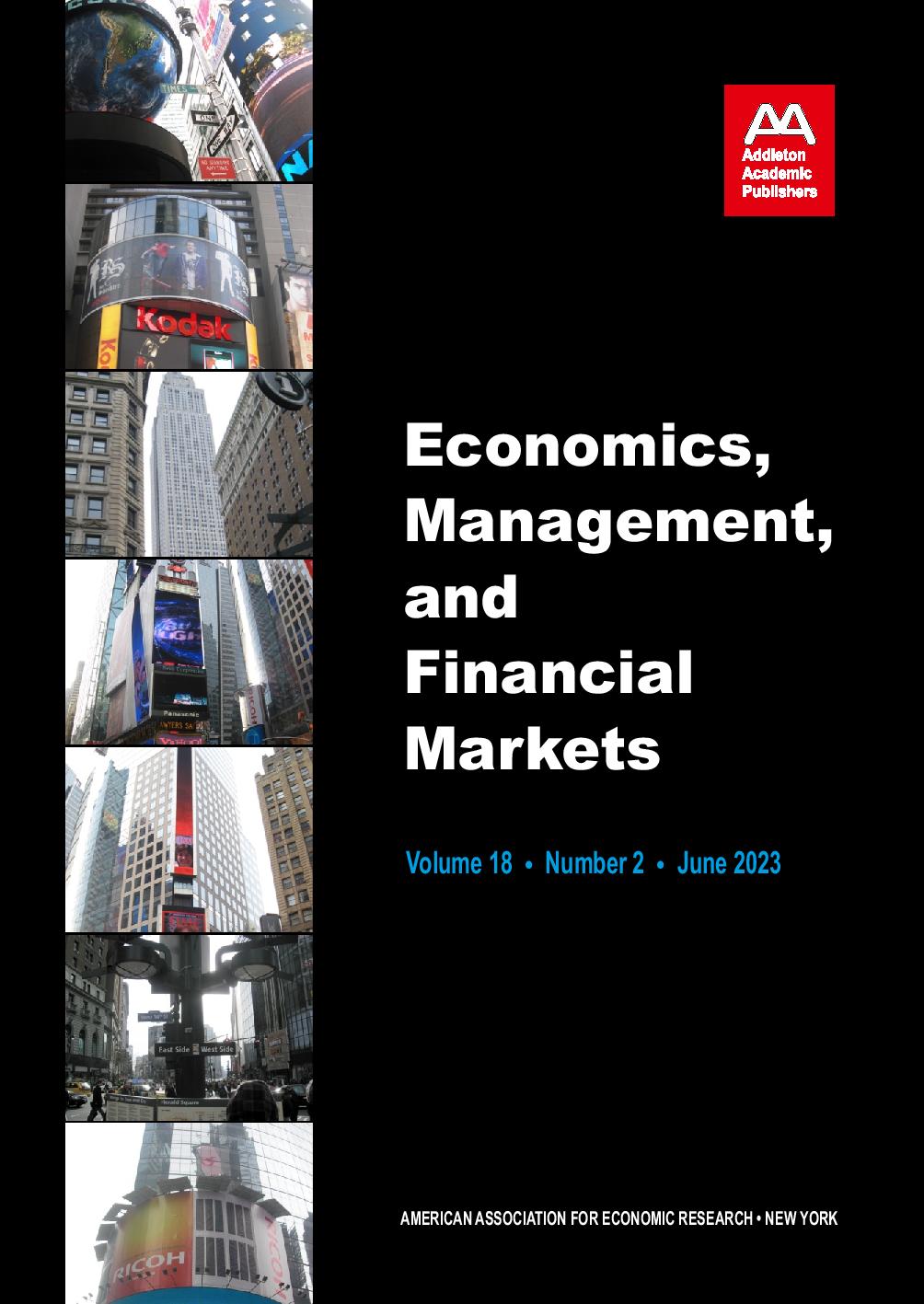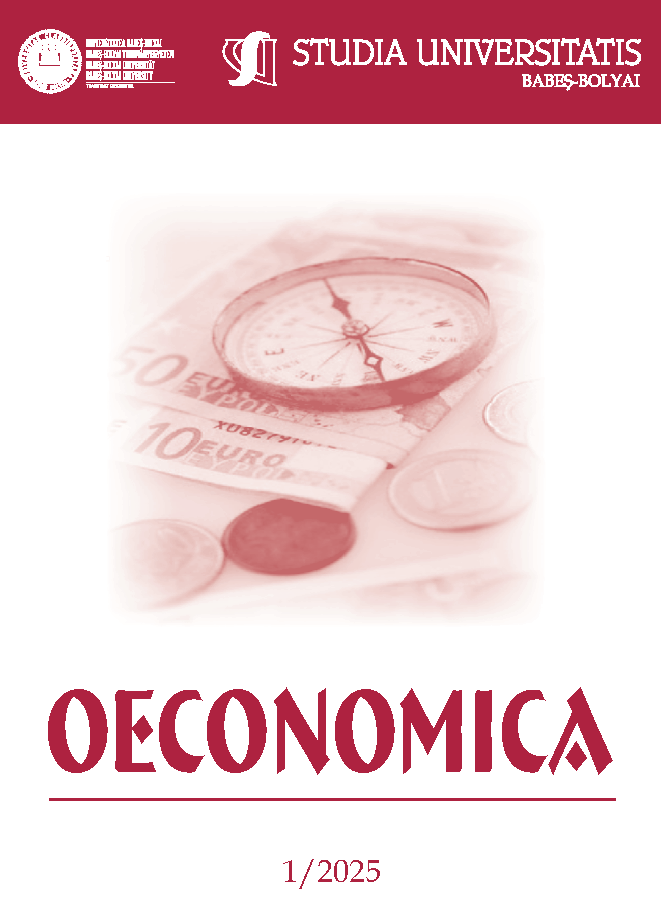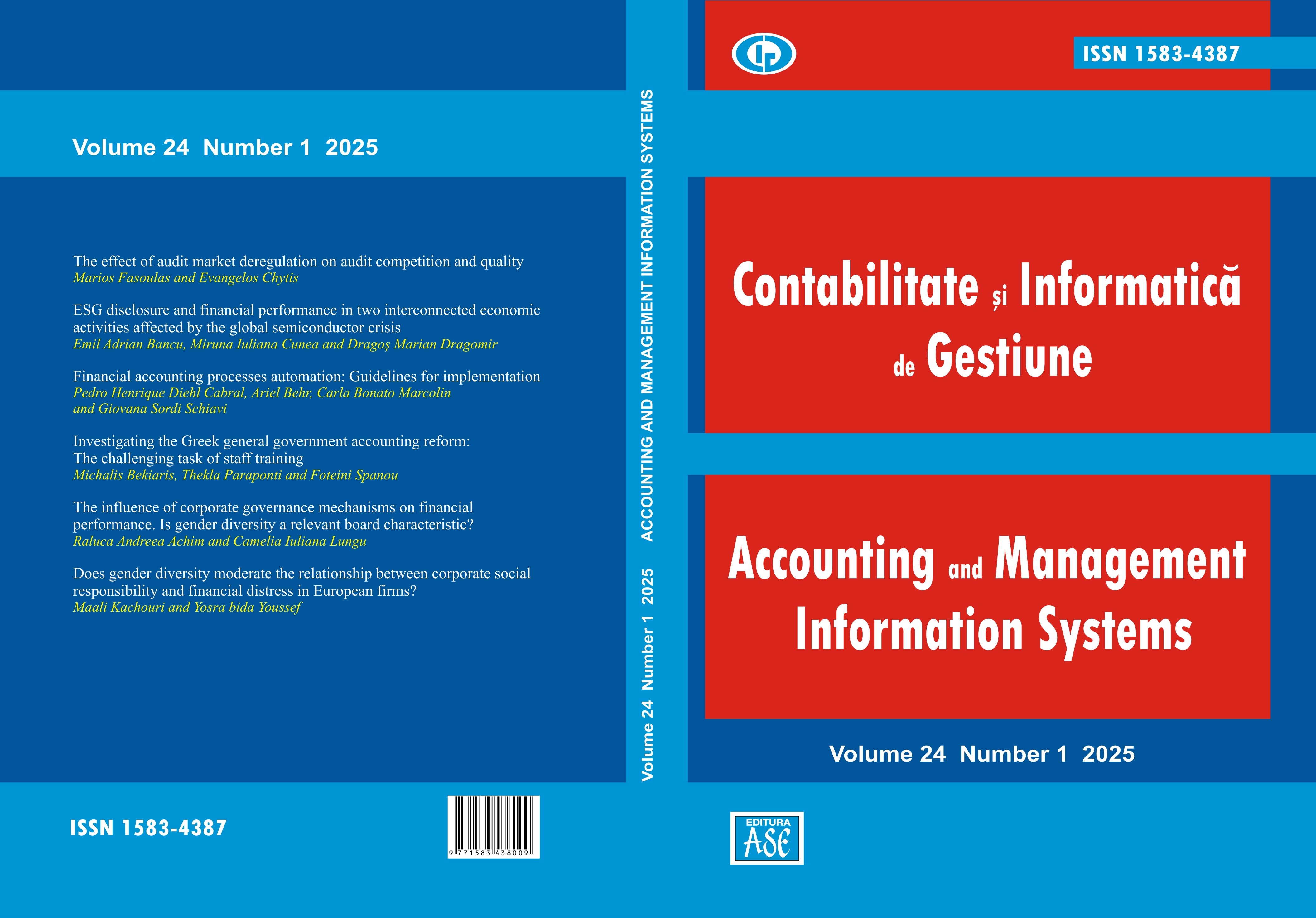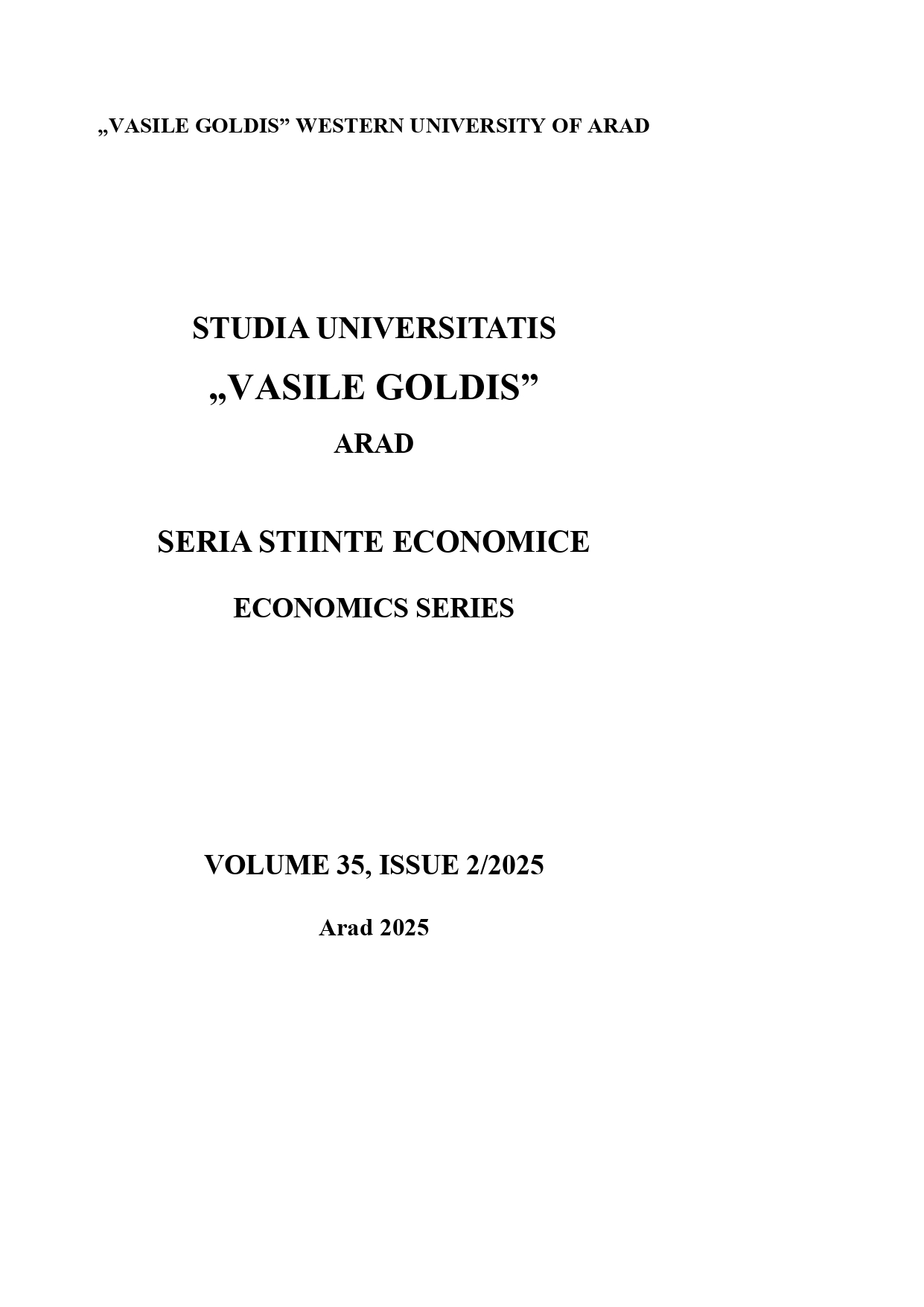Author(s): Emil-Adrian Bancu,Miruna-Iuliana CUNEA,Dragoș Marian Dragomir / Language(s): English
Issue: 1/2025
Research Question: What is the relationship between ESG disclosure and financial performance of two interconnected economic activities in the context of the global semiconductor crisis?Motivation: The global semiconductor shortage, triggered by the SARS-CoV-2 pandemic, has caused significant disruptions for both automobile and semiconductor manufacturers. This study is unique in its focus on these two interconnected economic activities, automobile and semiconductor manufacturers, which have both felt the effects of the semiconductor shortage crisis triggered by the SARS-CoV-2 pandemic.Idea: The study conducts a comparative analysis of the relationship between ESG disclosure and financial performance of companies within the two interconnected economic activities in the context of the global semiconductor crisis. This relationship is tested through the lens of two proposed associations: (1) ESG-rated is positively associated with companies’ financial performance, and (2) among ESG-rated companies, ESG performance is positively associated with companies’ financial performance.Data and tools: To investigate ESG disclosure in the context of the global semiconductor crisis, the statistical sample consisted of 518 listed companies (75 automobile manufacturers and 443 semiconductor manufacturers) from 2020 to 2022 which totals 1554 panel data observations. SPSS Statistics software was used in the research.Findings and contribution: The findings suggest that ESG-rated, namely the external evaluation published by the Refinitiv rating agency regarding the disclosure of ESG issues, lead to the development of the financial performance of listed companies in the two interconnected economic activities. Furthermore, the results support that for automobile manufacturing companies, the global ESG Score highlighting ESG performance is positively associated with financial performance. From the perspective of the ESG pillars, only Environmental Pillar Score stood out as statistically significant in the automotive industry. Instead, contrary to the theoretical predictions, for semiconductor manufacturing companies, as they are involved in more controversies, the ESG Controversies Score decreases, but the financial performance of these companies increases. For these companies, only Governance Pillar Score stood out as statistically significant and positively associated with financial performance.
More...

